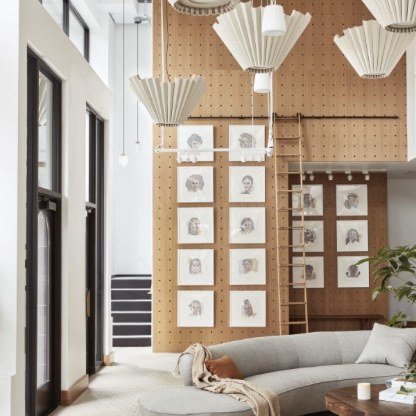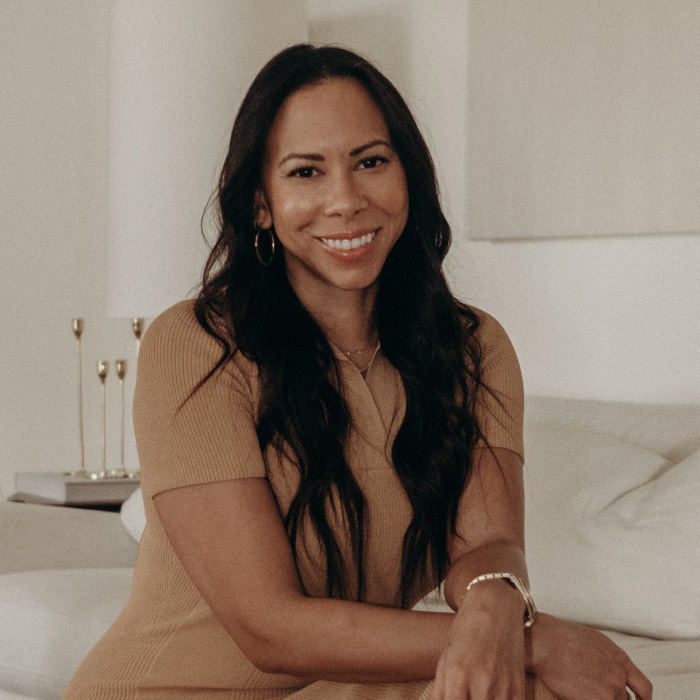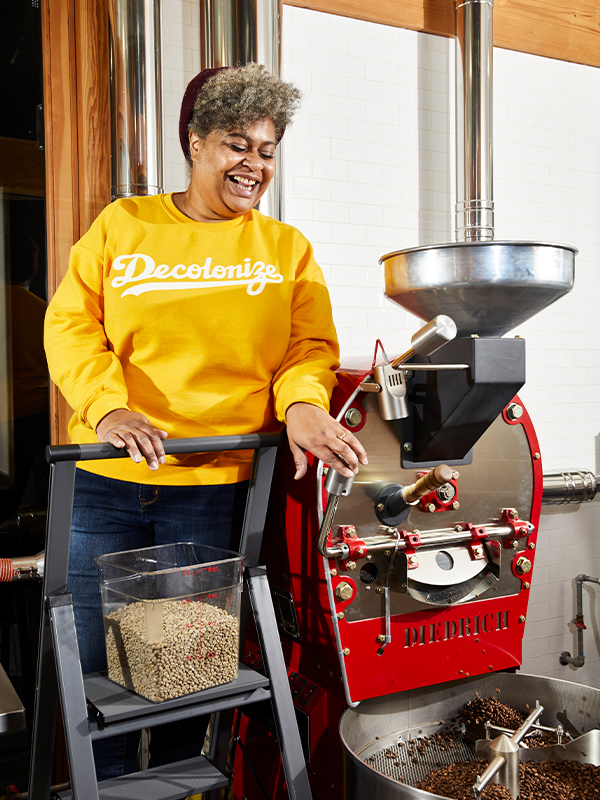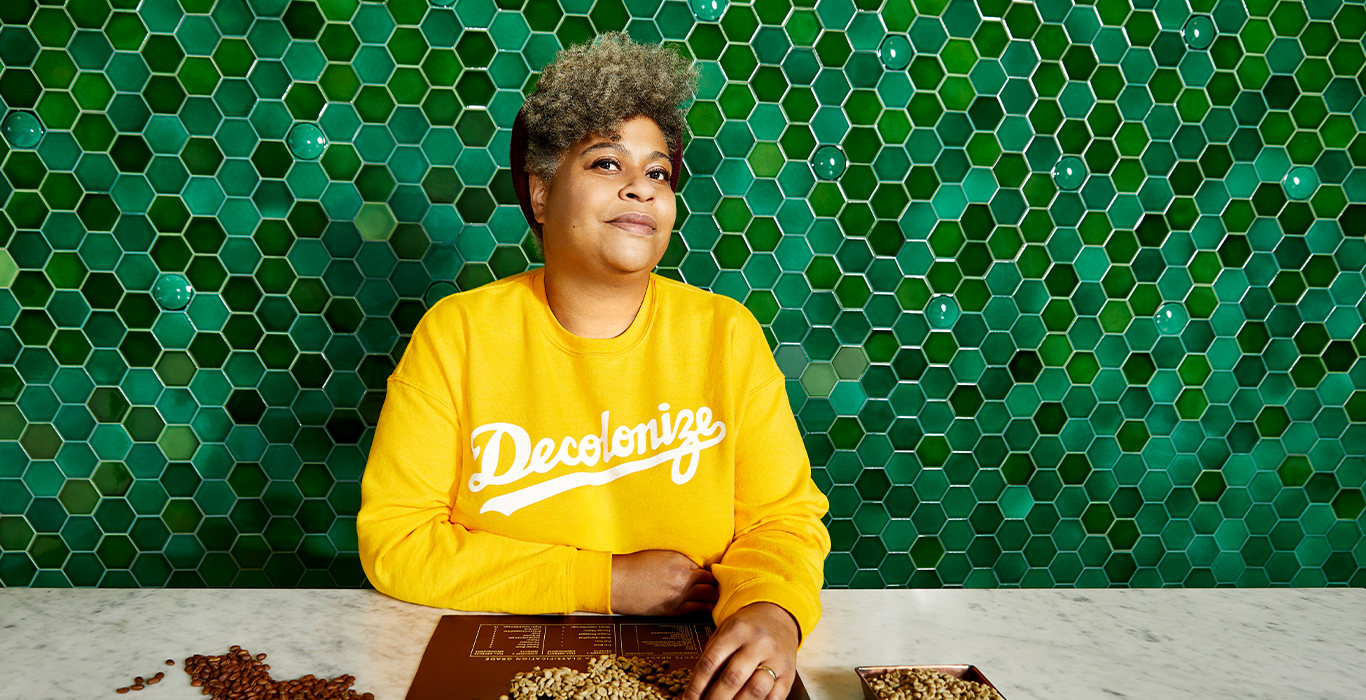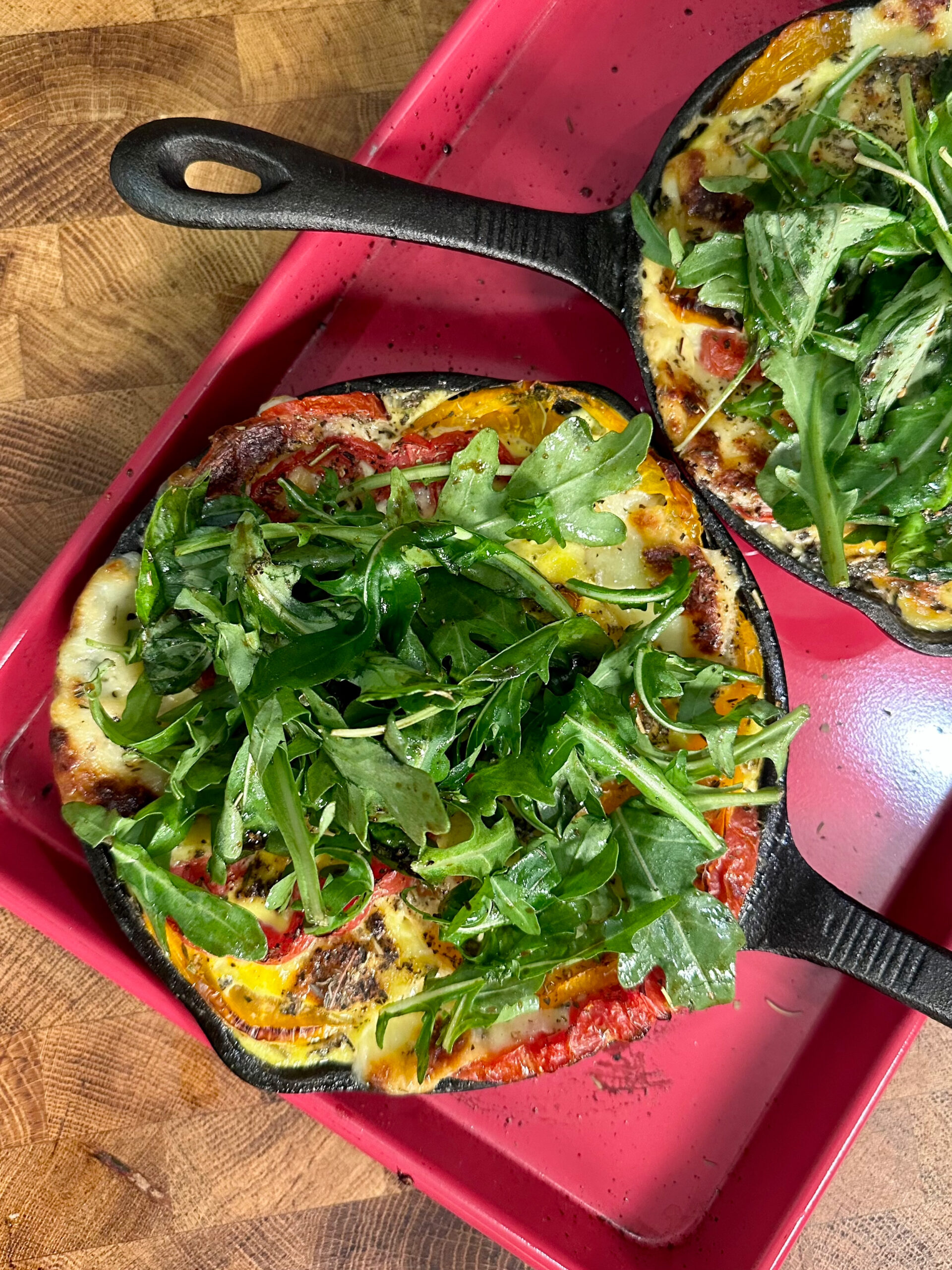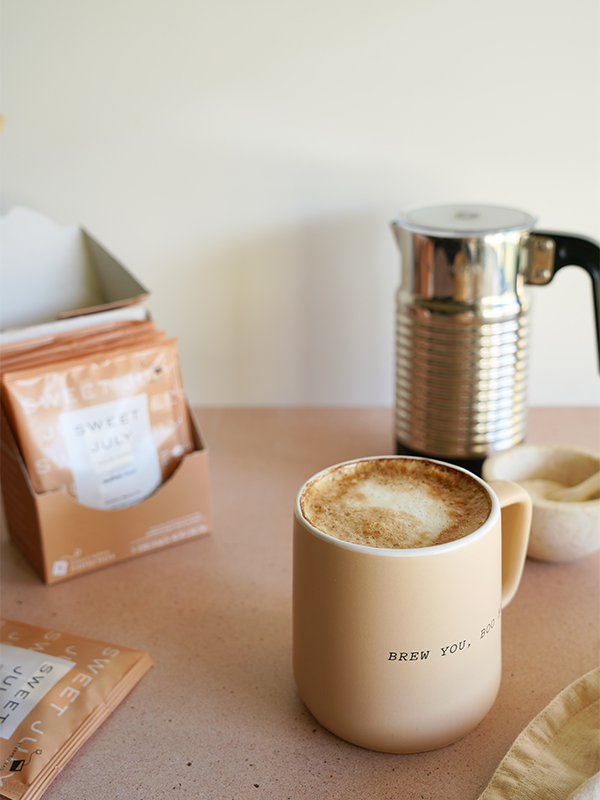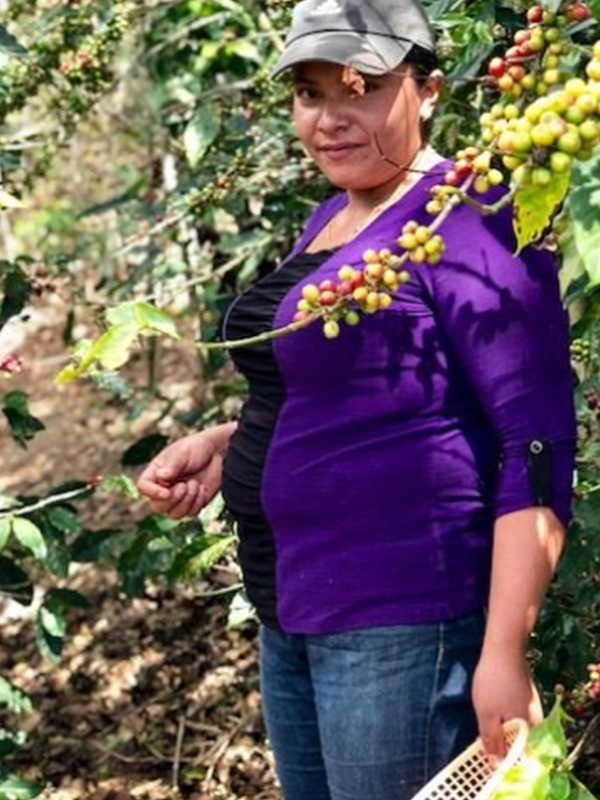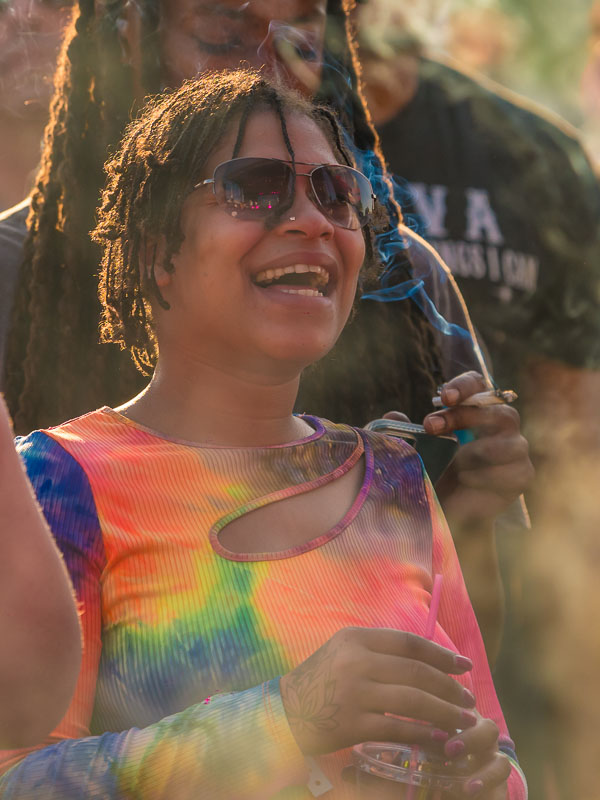Like many, coffee connoisseur Candice Madison first started drinking coffee out of necessity. Madison remembers that she started consuming coffee in high school, at age 14, to help her stay awake to study for exams. This ritual continued through college and into early adulthood when, in an effort to wake up at 4am to train to be a yoga teacher, she befriended staff at a local cafe and began picking up shifts as a barista.
Coffee quickly went from providing an energy jolt to becoming a source of joy for Madison, and it wasn’t long before others, including her yoga teacher, picked up on the fact that her side gig was turning into her passion. “My yoga teacher sat me down and said ‘I think you need to drop out,’ Madison recalls. “He was like, ‘you’re a barista.’”
“When is it that a white person or white man is not going to stand at the front of a room and be taken more seriously than me?”
At that time, roughly 15 years ago, Black people in coffee and cafe culture were not commonplace in London, where Madison was based, let alone Black women. “I received a lot of resistance,” she says, “especially because I ascended the certification ladder very quickly. Madison earned the distinction of being just the 12th person in the U.K. to become a Certified Q Grader by the Coffee Quality Institute, the coffee industry’s equivalent to a wine sommelier. Just a few thousand people with this title currently exist in the world, and Madison quickly discovered that with this coveted position also came pressure.
“As I got better and better, it got harder and harder,” says Madison, who is the former director of roasting at Royal Coffee in Oakland, California. “When is it that a white person or white man is not going to stand at the front of a room and be taken more seriously than me?”
Despite the obstacles, Madison believes that representation is improving, but she also recognizes that the number of Black professionals across the industry—in positions including lab managers, green coffee buyers, quality managers and roasting technicians—is still dismal. In her role as vice president of the Coffee Coalition for Racial Equity (CCRE), Madison is working to change that.
Earlier this year, the CCRE, which calls itself the coffee industry’s accountability partner in achieving better equity and representation, partnered with the coffee wholesaler Neumann Kaffee Gruppe to launch a scholarship-funded internship program (to be launched in January of 2022) for Black Americans aspiring to become coffee professionals. Next month, on October 14, Madison will host a webinar alongside CCRE President Phyllis Johnson to present their plan to empower and retain Black people in the industry. This milestone comes just a year after the initiative’s creation.
“We have power not just with our dollars and cents, but also with our voices in what we want to see being offered to us.”
Recognizing that this important initiative is a step towards progress, Madison also contends that achieving greater inclusivity in the coffee industry entails getting consumers to take coffee more seriously. “We have power not just with our dollars and cents, but also with our voices in what we want to see being offered to us,” says Madison. “We always have to investigate and think and learn about our purchases as consumers,” a needed step given that coffee is “a very labor intensive product to control,” with mostly Black and brown people at the producing end.
The best way for consumers to make informed coffee purchases, she adds, is to pay attention to labels. “I don’t care about what you can tell me on your website in terms of your practices; if you can’t actually tell me where your coffee is from, well, I’m not drinking it,” says Madison.
But when it comes to the actual coffee making, Madison also believes professionals could afford to take things less seriously. She’s witnessed the historically “stuffy” coffee industry evolve to be more fun and creative, and she’s enlivened by this welcomed shift. “There used to be so much gatekeeping in the industry, but for us in the playground, what I’m noticing is so much innovation,” she says, which includes everything from lavender matcha or charcoal lattes at commercial stores to homemade creations. “I can’t believe I’m saying this,” warns Madison with a laugh before sharing her discovery of a woman on TikTok who invented her own cafe creations at home. “I was having a blast and taking notes,” says Madison, who admits that she wants in on the fun.
Later this year, Madison will celebrate the launch of her own brand—a roasting and consulting company, complete with a line of new products. “Getting as many interested Black and brown people into this industry is my mission,” says Madison. “I’m not waiting for an invitation to the party, I’m just busting the door open.”

